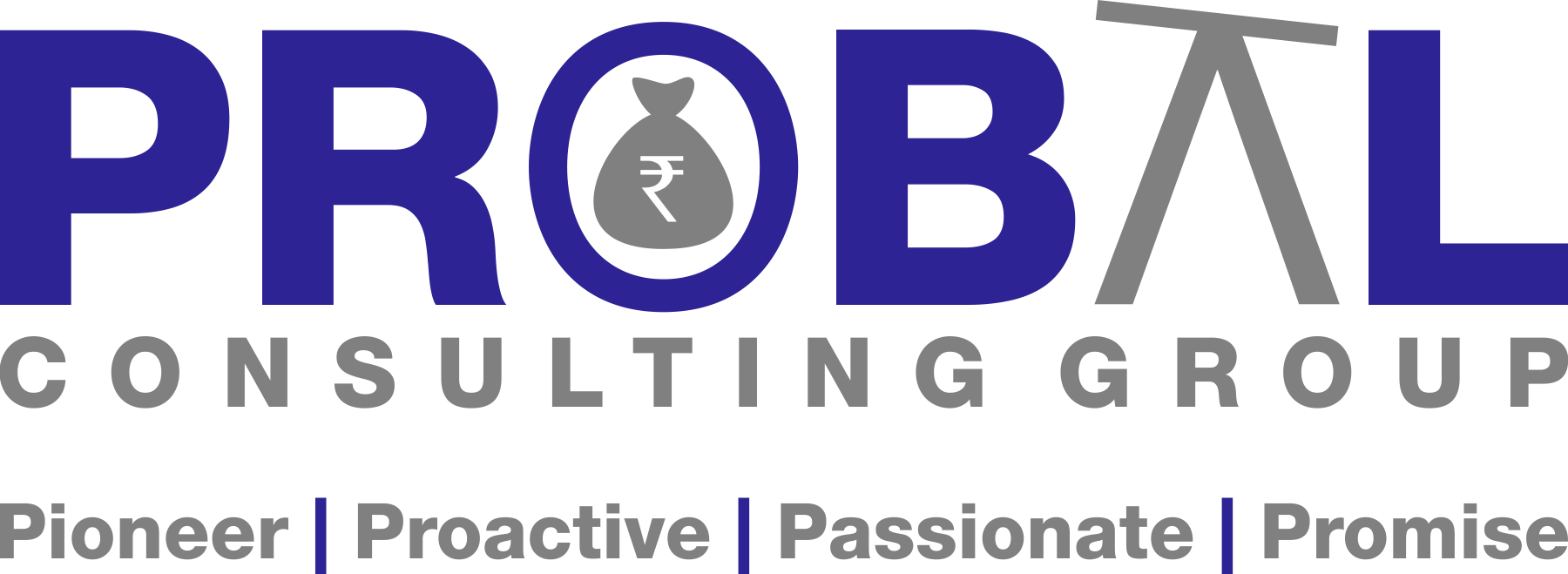A Sole Proprietorship is the simplest Business structure that exists in India. From centuries, India was the place with thousands of small businesses. This trend continues till date. A sole Proprietorship is the best option for such micro & small businesses that operate with lower capital investment or have few clients.
Starting a Sole Proprietorship is extremely easy, its management is straightforward and involves minimal legal compliances. This makes it a perfect choice for those who are new to business.
In this blog, we will go through the complete details about a Proprietroship to help you better understand the structure.
Let’s get started.
What is a Sole Proprietorship?
It is a Business structure that is owned, operated and managed by a single individual, known as “Sole Proprietor” who should be the citizen of India. There is no specific registration required to start the Proprietorship business. It is one of the most commonly adopted Business Structure in India, especially by Micro & Small Businesses.
Who is A Sole Proprietor?
Any resident of India who owns a Sole Proprietorship Business in India is called a Sole Proprietor. As per the law, a sole proprietor has to be an individual who is citizen of India. No other entity except an Individual can be a Sole Proprietor.
All the Business registrations of a Sole Proprietorship is done in the name of Sole Proprietor only. A sole Proprietor is fully liable for any debts and liabilities created by the Sole Proprietroship Business owned by him/her.
How to register a Sole Proprietorship Business?
Although there is no specific registration is required for a Sole Proprietorship business, some registerations like GST, TAN and Export Import Registration might be necessary, depending on the nature of Business.
Otherwise, you can start the Proprietorship by following the below mentioned steps
- Application for PAN
If you already have a PAN card, you do not have to apply for it again. But if you do not have PAN, you will have to apply for it as all the business registrations for your Proprietorship Business will be made under your PAN.
- Naming the Business
Unlike the registered Companies and LLPs, there is no requirement for a legal Name registration of a Proprietorship firm. You can choose any name of your liking.
- Opening a Bank Account
It is advisable to get a Current Account in the name of your Business once the naming process is over.
- Registration under MSME
Government offers multiple benefits for the businesses that are registered under MSME scheme. So although it is not mandatory for a Sole Proprietorship to get an MSME registration, it’s advisable to get it done for availing these benefits.
- TAN registration
Tax Account Number or TAN is a registration mandatory for a Sole Proprietorship Business only if a TDS is deducted by the Business from the salary of employees.
- FSSAI registration
This registration is mandatory for the Businesses that are dealing with the food items and other edible products. It cann be obtained by filing the application with the Foods Safety and Standard Authority of India.
- GST registration
A GST registration is mandatory for all those Sole Proprietorship firms that deal with the services and products coming under the GST umbrella.
Benefits of Sole Proprietorship registration
- Simple setup
The foremost benefit of a Sole Proprietorship is its simple setup and easy operations. No specific registration is required and hence any one can start it whenever needed.
- Minimal Legal Compliance
A Sole Proprietorship firm and the Proprietor of that firm are treated as one. In the eyes of law, a sole proprietorship firm is not a separate legal entity. So for a Proprietorship firm, a simple ITR of the proprietor has to be filed.
- In-expensive
Due to minimal compliances, a Sole Proprietorship firm has to spend minimum amount, decreasing their financial burden and making them in-expensive.
- Rapid Decision making
Every decision in a Proprietorship firm is taken by the owner, so there is no need to get approval from others to take any decision. This makes the decision making process quick.
- Easy Dissolution
Unlike registered Companies, there is no specific dissolution process for a Sole Proprietorship firm. So the dissolution of a Proprietorship firm is easy.
Drawbacks of a Proprietorship firm
- Unlimited Liabilities
The Proprietor has the Unlimited Liabilities in Sole Proprietorship firm. So for every liability and debts, the Proprietor is fully liable, resulting in unlimited liability.
- Transferability
Every license and registration of a Proprietorship firm is not transferable to any other business entity.
- Funding
A proprietorship firm cannot raise the fund from Angel investors, PE funds and the lending from banks is also limited.
Documents necessary for a Proprietorship Business
Following document will be required to start a Sole Proprietorship firm
- Any Utility of the Principal Place of Business
- All the necessary documents of Bank KYC
- ITR returns of the Proprietor
- Any other relevant registrations like GST, TAN, Shop and Establishment act etc. (if applicable)
Conclusive thoughts
Being the most simple and easy to manage Business structure in India, numerous micro and small businesses chose this option for their business. It’s a great choice for them due to simplicity, flexibility and ease of operations.
But, like all other Business registrations, Sole Proprietorship has its own benefits and drawbacks. Whether its suitable for your business depend s solely on the nature of your business, your goals, and future planning.
So before opting for any Business Structure, its vital to weigh on all the factors to avoid any future issues. To ensure that you make a right choice, we would recommend consulting an expert that can help you through the process.
Hope you have got a clear idea about the Sole Proprietorship firm. But, If you still have any doubts, you can reach our experts any time for assistance.
We will be more than happy to help!


